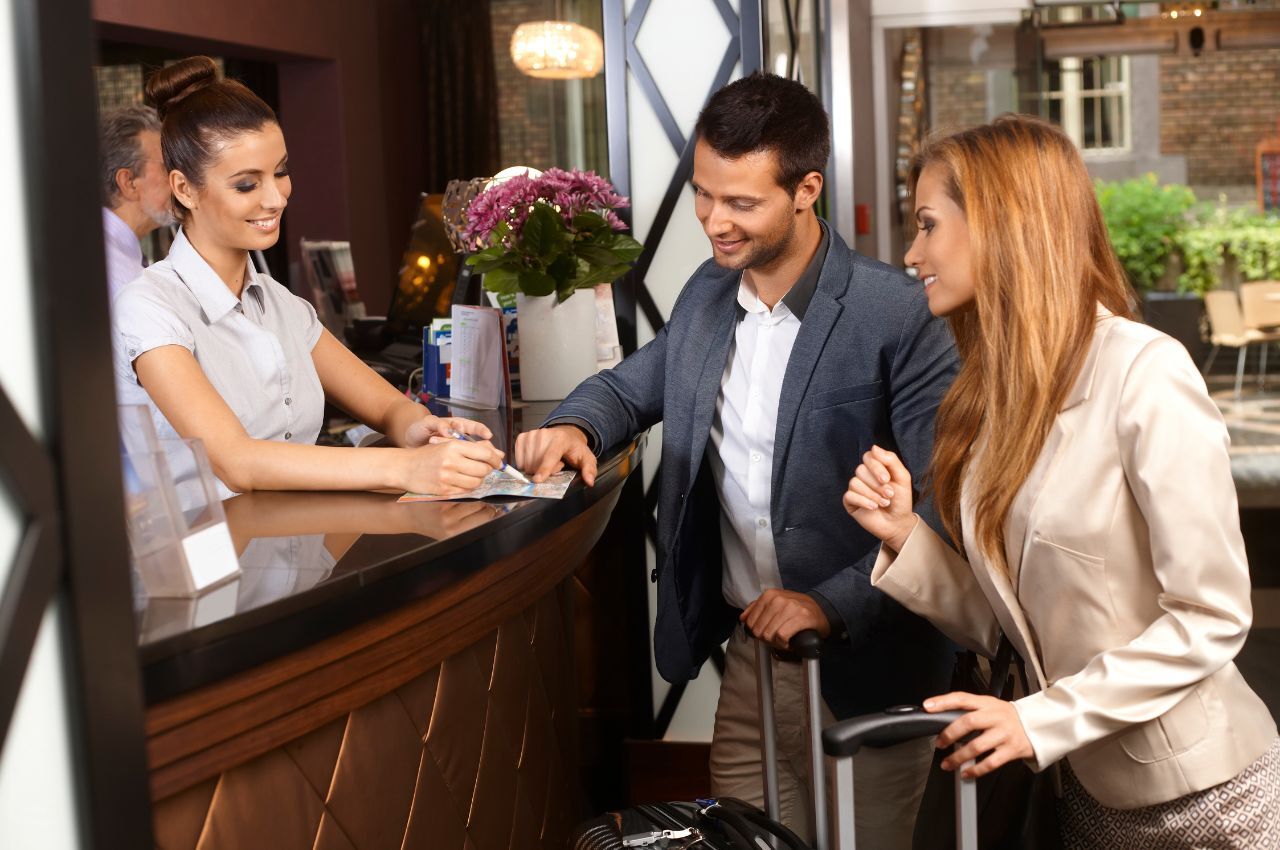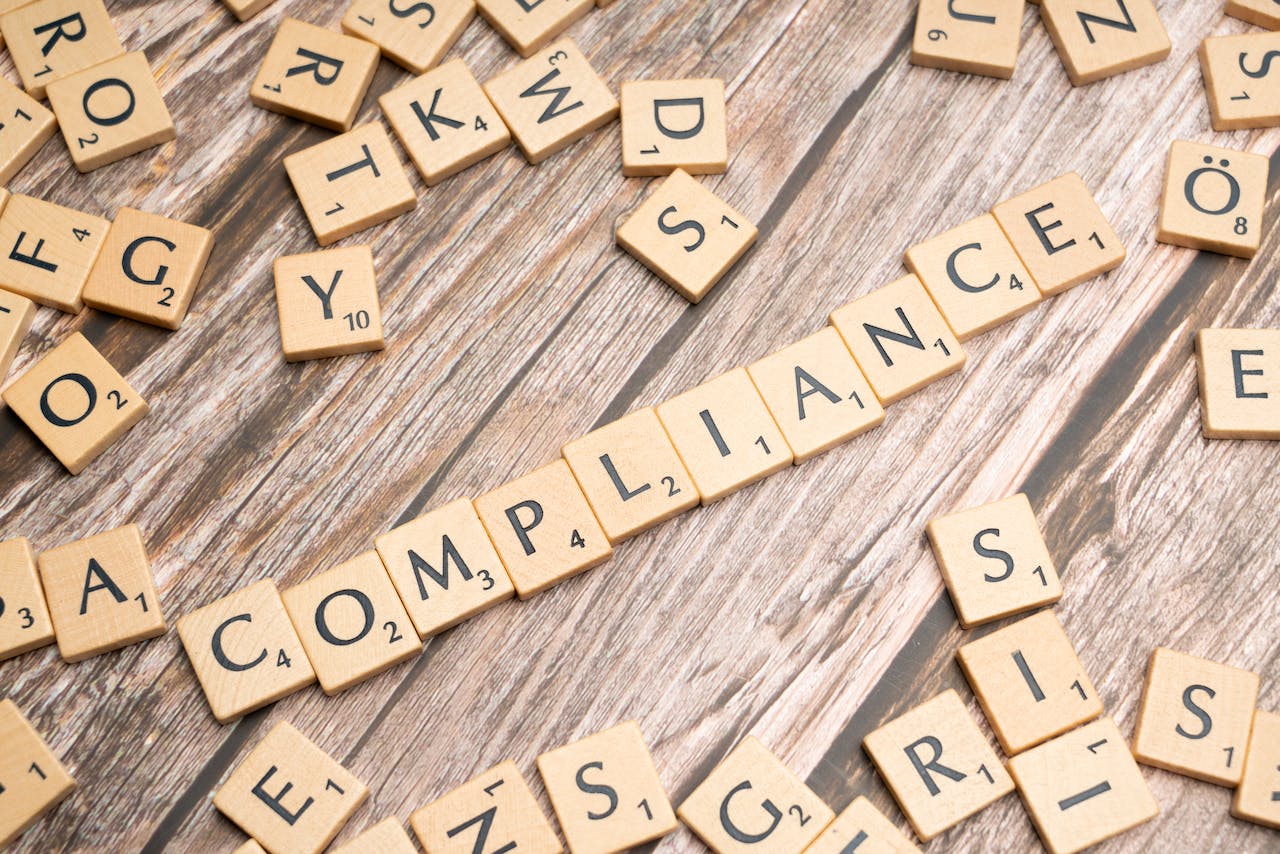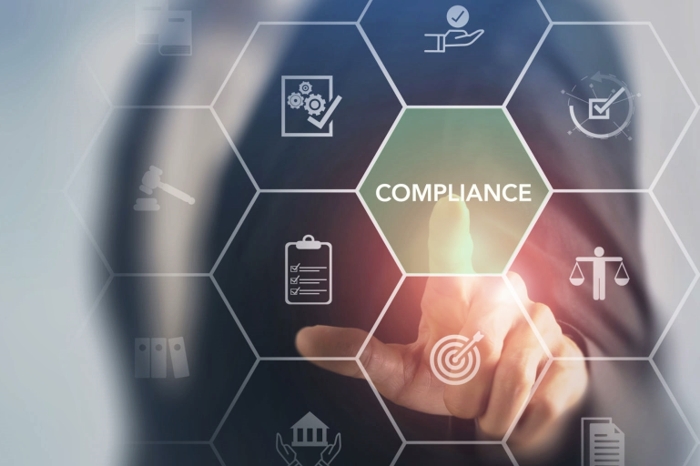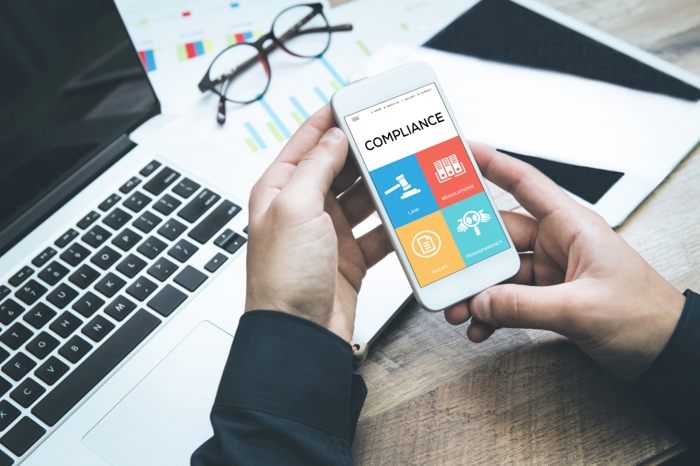Navigating the fine line between providing a welcoming atmosphere and ensuring the safety and security of your property and guests can be a daunting task for hospitality professionals. The challenge of distinguishing between genuine guests and those with potentially harmful intentions without the right tools is a significant concern. A well-crafted guest screening form emerges as a crucial solution in this context, offering a first line of defence in identifying and mitigating risks associated with property rentals.
Introduction to Guest Screening
Guest screening serves as a pivotal process in the hospitality industry, designed to safeguard properties from potential damages, ensure community safety, and maintain a peaceful environment for all guests. This preventive measure is not about exclusion but about ensuring compatibility between guests’ intentions and property guidelines. The efficacy of this process hinges significantly on the design and implementation of a guest screening form. Such a form not only collects necessary information from potential guests but also sets the tone for the level of professionalism and care a property manager extends towards their operations and the well-being of their clients.
Understanding the Basics of a Guest Screening Form
A guest screening form acts as a comprehensive tool that property managers use to collect relevant information from prospective guests. Its primary purpose is to assess the suitability of guests for the property in question, taking into account factors like the nature of their visit, the duration of their stay, and any specific needs they may have. Additionally, it plays a critical role in preemptively identifying any potential red flags, such as a history of disruptive behaviour or non-compliance with property rules.
The form should be designed with a dual focus: to be thorough enough to gather all necessary information while being respectful of privacy and not overly intrusive. The balance struck here is key to ensuring that guests feel comfortable providing the information required without feeling unduly scrutinised. A well-constructed guest screening form not only facilitates a smoother booking process but also contributes to building a foundation of trust between guests and property managers.
Designing Your Guest Screening Form
Crafting the perfect guest screening form requires a thoughtful approach to ensure it is both effective in gathering information and respectful of guests’ privacy. The form should start with basic information requests, such as name, contact details, and identification verification, to establish the guest’s identity. Following this, more detailed questions aimed at understanding the purpose of the visit, the expected duration of the stay, and the number of guests should be included. This information not only aids in assessing the suitability of guests but also in tailoring the accommodation experience to their needs.
To enhance the user-friendliness of the form, consider incorporating a mix of question types, such as multiple-choice, yes/no, and short answer formats. This variety can make the form more engaging and less tedious to complete, encouraging full and honest responses. Additionally, ensuring that the form is accessible across various digital platforms can significantly increase completion rates. Mobile optimization, in particular, is crucial, as many guests now manage their travel arrangements via smartphones.
The design of the guest screening form should also reflect the brand’s image and values. A professional, well-designed form not only contributes to a positive first impression but also signals to potential guests that their safety and satisfaction are taken seriously. Including a brief introduction at the beginning of the form, explaining its purpose and how the information will be used, can further enhance transparency and trust.
Incorporating Safe Background Check Procedures
The cornerstone of a robust guest screening process involves the integration of safe background check procedures. These checks are essential for verifying the information provided by potential guests and ensuring that they do not pose a security risk to the property or other guests. However, navigating the delicate balance between thorough vetting and respecting guests’ privacy rights is crucial. Transparently incorporating consent for background checks into the guest screening form is a respectful approach, clearly communicating to guests that these checks are a standard part of the booking process aimed at ensuring the safety and security of all parties involved.
When outlining the background check process on the form, it’s imperative to specify what aspects of their background will be checked, such as public records or rental history, and reassure guests that the information will be used solely for screening purposes. This transparency builds trust and can alleviate concerns about privacy invasion. Additionally, adhering to legal requirements and best practices in data handling and privacy protection is paramount to maintaining a reputation for integrity and ensuring compliance with laws such as the General Data Protection Regulation (GDPR) in Europe or the Fair Credit Reporting Act (FCRA) in the United States.
Questions to Include in Your Screening Form

Crafting questions for a screening form requires a delicate balance between gathering enough information to make informed decisions and respecting the privacy of potential guests. The questions should be tailored to identify any potential issues while also being straightforward and respectful. Starting with basic information such as name, contact details, and the reason for the stay provides a foundation. Expanding to more detailed inquiries can help paint a clearer picture of the guest’s intentions and compatibility with your property’s policies.
Questions about the duration of the stay and the number of guests are essential for logistical planning. Queries regarding the purpose of the visit can offer insights into the nature of the stay, whether it’s for leisure, work, or an event, which can help in assessing the suitability of the guest for the property’s environment. Including a question about previous rental experiences or references can provide valuable feedback on the guest’s reliability and behaviour in past accommodations.
To further ensure a safe and pleasant stay for all guests, consider asking if they plan to have visitors during their stay or if they have any specific needs or requests that the property should prepare for. This not only aids in logistics and accommodations but also demonstrates a commitment to providing a tailored and considerate guest experience.
Utilising Technology in Guest Screening
Leveraging technology in the guest screening process can significantly enhance efficiency and accuracy. Digital platforms and software solutions offer automated form submission and data analysis, streamlining the screening process for both the property managers and the guests. These technologies can facilitate the secure and swift collection of information, ensuring that guest data is handled responsibly and in compliance with privacy regulations.
Automated screening tools can also assist in the background check process by quickly verifying the information provided against public records and other databases. This automation speeds up the decision-making process, allowing for quicker confirmations and reducing the wait time for guests. Furthermore, integrating these technologies with existing property management systems ensures a seamless workflow, enabling property managers to easily access and review guest information as part of their routine operations.
Digital solutions offer the added benefit of data security, using encryption and secure storage to protect sensitive guest information. This not only complies with legal requirements for data protection but also builds guest confidence in the property’s commitment to their privacy and security.
Legal Considerations and Privacy Concerns
Navigating the legal landscape is a pivotal aspect of crafting a guest screening form. Ensuring compliance with data protection laws and regulations is paramount to protect both the property and the guests. This involves a thorough understanding of laws such as the General Data Protection Regulation (GDPR) for European guests, the Fair Credit Reporting Act (FCRA) in the United States, and other local privacy laws that govern the collection and processing of personal data. It’s crucial to obtain explicit consent from guests for the collection and use of their data, clearly stating how their information will be used and safeguarded.
Transparency and respect for guest privacy form the bedrock of trust in the hospitality industry. As such, properties must ensure that the data collected through screening forms is securely stored, with access limited to authorised personnel only. Regular audits and updates to privacy policies and procedures help maintain this trust and ensure ongoing compliance with evolving legal standards.
Best Practices for Reviewing Screening Form Responses
Efficiently reviewing and assessing responses to the guest screening form is essential for identifying any potential red flags or concerns. Establishing a set of criteria for evaluation helps streamline this process, ensuring consistency and fairness in how responses are analysed. Training staff to recognize signs of potential issues, such as inconsistencies in the information provided or reluctance to provide certain details, is also important.
A systematic approach to reviewing form responses facilitates a quicker turnaround time, enabling property managers to communicate decisions to potential guests promptly. This efficiency not only enhances the guest experience but also allows properties to manage bookings and occupancy rates more effectively.
Communicating with Potential Guests Post-Screening
Clear and respectful communication with potential guests following the screening process is vital, especially when sensitive situations arise. For guests who meet the property’s criteria, a warm and welcoming message confirming their booking can reinforce the positive relationship. For those who may not meet the requirements, it’s important to communicate this decision delicately, emphasising that the decision is based on predefined criteria and is not personal.
This level of professionalism in communication underscores the property’s commitment to fairness and respect for all guests, regardless of the screening outcome. Offering suggestions for other accommodations or advice on how to meet the criteria in the future can further demonstrate goodwill and maintain a positive rapport.
Continuous Improvement of the Screening Process
The guest screening process is not static; it requires regular review and adaptation to reflect changing guest expectations, legal requirements, and industry best practices. Soliciting feedback from guests and staff on the screening form and process can provide valuable insights for improvements. This commitment to continuous improvement not only enhances the effectiveness of the screening process but also demonstrates a dedication to excellence in guest service.
Adjusting the screening form and procedures based on feedback and emerging trends ensures that the process remains relevant, efficient, and respectful of guest privacy and experience. This adaptability is key to maintaining a competitive edge in the hospitality industry.
Conclusion
Crafting the perfect guest screening form is an art that balances security, legal compliance, and guest experience. By following these guidelines, properties can create a screening process that protects their interests while offering a welcoming atmosphere for guests. Remember, a thoughtful approach to guest screening lays the foundation for trust and safety, enhancing the reputation of your property. Ready to elevate your guest screening process? Start refining your form today, and set the stage for a safer, more enjoyable hospitality experience for everyone involved.

























